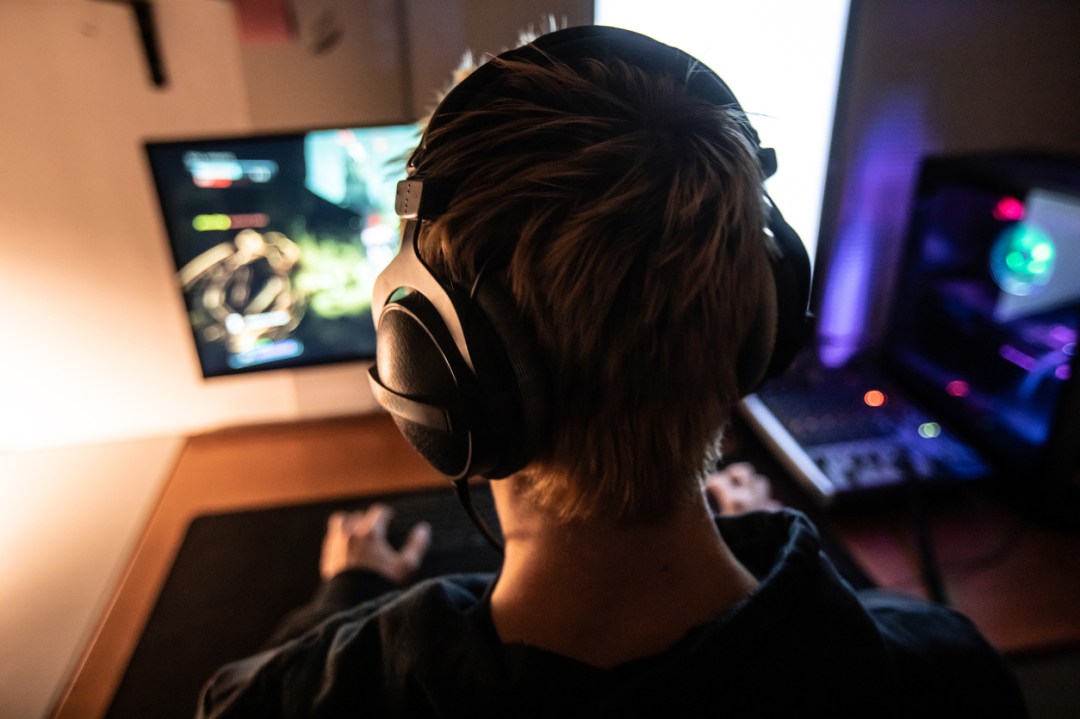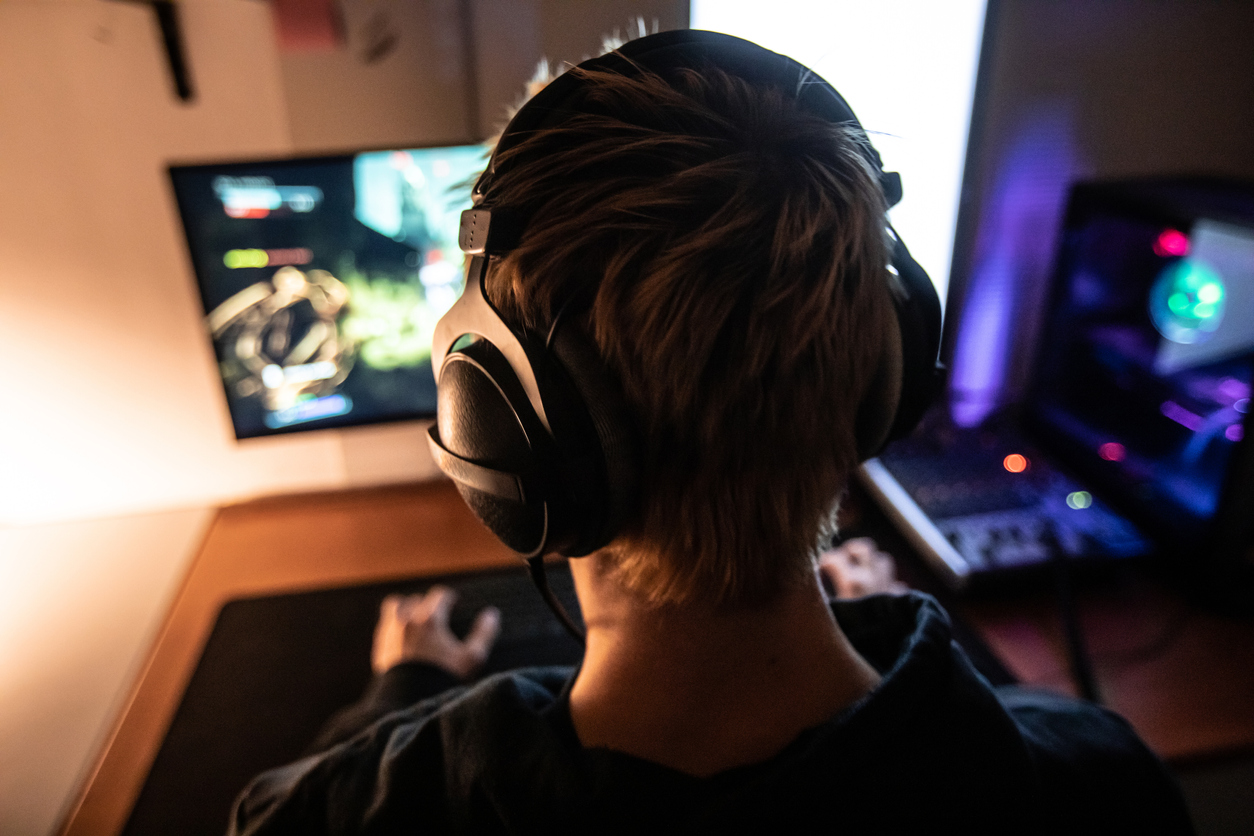Once again gamers appear to be behind a dramatic leak of classified military intelligence. Documents originally emanating from the Pentagon appear to have been shared on the video game chat platform Discord by a 21-year-old air national guardsman – in an effort to win an esoteric argument involving the highly popular video game Minecraft Maps and the war in Ukraine. He has now been arrested as the prime suspect.
Many are describing this as the most serious breach of US security in a decade since the 2013 Wikileaks scandal. The leaked documents suggest that special forces personnel from western countries could be active in Ukraine — with the largest contingent coming from the UK.
While military officials and politicians obfuscate over the fallout, this particular round of leaks may come as a source of relief to the makers of War Thunder, a popular online multiplayer combat video simulation game. Previously, War Thunder had been leading the way when it comes to leaking state secrets, with several of its users publishing classified military intelligence to win arguments about vehicles that feature in the game.
Recent War Thunder leaks have included a player claiming to be a French army tank crewman uploading on the game’s online public forum part of the manual for the French Leclerc main battle tank during a debate about its turret rotation speed. Two separate users uploaded sensitive information about the F-16A Fighting Falcon and the F-15E Strike Eagle fighter jets in the space of two days.
Even the UK’s Chally 2 tank – which has now been sent to Ukraine – has got caught up in it all. A War Thunder player, who in his bio identified himself as a tank commander based at Tidworth Camp, took issue with what he deemed was the game developers’ incorrect representation of the British army’s main battle tank.
The problem, he believed, was its mantlet – the armour around where the gun barrel sticks out of the front of the turret. To emphasise his point that the game’s creators ‘didn’t model it correctly’, Pyrophoric (to use the player’s War Thunder handle), shared an image of Chally 2 specs taken from the Army Equipment Support Publication, a great wedge of a manual that I remember being forever stuffed at the bottom of one of Delta-30’s turret bins as we trundled around trying to find the Line of Departure where an attack was to begin.
In this instance, the game’s developers decided to contact the Ministry of Defence. After the MOD confirmed the document was classified, a moderator for the forum removed the images.
The Pentagon leak is far more of a concern. Any evidence of western involvement shifting from the supply of weapons to boots on the ground has enormous implications. Not least of which it potentially hands Vladimir Putin a gift for his arguments about western meddling and Nato aggression against Russia, which he will no doubt hammer away about on Russian state media.
The general response in the West to the latest leak has been telling. Beyond the obvious questions about how the leak could happen – with the Guardian focusing on the Pentagon suspect having, it claims, ‘racist and anti-establishment views’ – there seems very little desire to dive into the deeper and wider implications of the military intelligence assessments about how the war is actually going. The intel appears to contradict some of the political reassurances from our politicians about Ukraine’s military successes and provides a more candid appraisal of the Ukrainian military’s deficiencies.
There is some irony as well that these leaks have come about from individuals engaging in vigorous, if somewhat bizarre, debate. Whereas, as Peter Hitchens recently argues in the American Conservative, ‘Putin’s tanks have ended all debate,’ with attempts to question the narrative over Ukraine being ‘met with bafflement mixed with mistrust.’
Either way, in future it is going to become increasingly difficult for intelligence agencies to maintain what was referred to during my time as ‘Opsec’ – operations security – when increasing numbers of people have access to intelligence and are willing to share it online over trivial spats. After 9/11 and the run-up to the Iraq war, it was decided that key intelligence was not being widely shared enough and was not open enough to critical analysis.
Now the Guardian notes that the Pentagon leak has reignited debate ‘about whether the US classifies too much material, requiring security clearances for too many people.’ There should also surely be a debate about whether the widespread levels of security clearance – and the sheer volume of people involved – reflects the mushrooming national-security-industrial complex.
Meanwhile, we now know that alongside our Chally tanks, some very tough and deadly guys from our special forces might also be in Ukraine. What might the gamers reveal next?







Comments